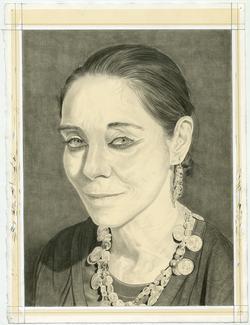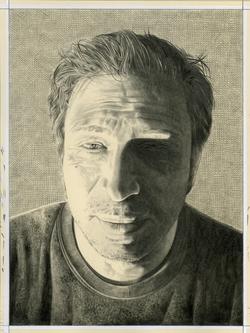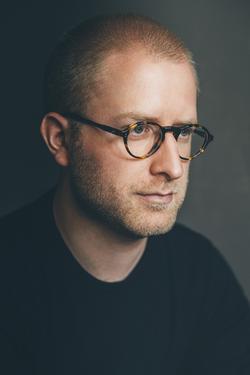The New Social Environment#228
Shirin Neshat and Shoja Azari with Charles Shafaieh
1 p.m. Eastern / 10 a.m. Pacific
This event is produced by The Brooklyn Rail. Learn how you can donate ✨🌈
Artists and filmmakers Shirin Neshat and Shoja Azari join journalist and critic Charles Shafaieh. We conclude with a poetry reading from Ben Fama.
In this talk
Shirin Neshat

Video and installation artist Shirin Neshat (Iranian, b.1957) explores the political and social conditions of Iranian and Muslim life in her works, particularly focusing on women and feminist issues. Neshat was born in Qazvin, Iran, and left the country to study art in the United States at 17; she graduated from the University of California, Berkeley with an MFA in 1982. When she returned to her home country in 1990, she found it barely recognizable from the Iran before the 1979 Revolution, a shocking experience that incited the meditations on memory, loss, and contemporary life in Iran that are central to her work.
Her Women of Allah series, created in the mid-1990s, introduced the hallmark themes of her pieces through which she examines conditions of male, female, public, private, religious, political, and secular identities in both Iranian and Western cultures. Her videos, installations, and photographs have received great international critical acclaim outside of Iran. In 2019, The Broad Museum, Los Angeles, presented Shirin Neshat: I Will Greet the Sun Again, a survey of 25 years of the artist’s work, and her current exhibit Shirin Neshat: Land of Dreams at Gladstone Gallery, New York, is on view through February 27, 2021. Neshat currently lives and works in New York.
Shoja Azari

Charles Shafaieh

The Rail has a tradition of ending our conversations with a poetry reading, and we’re fortunate to have Ben Fama reading.
Ben Fama

❤️ 🌈 We'd like to thank the The Terra Foundation for American Art for making these daily conversations possible, and for their support of our growing archive.